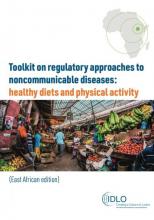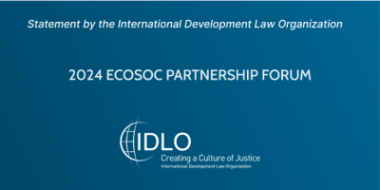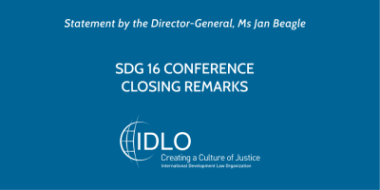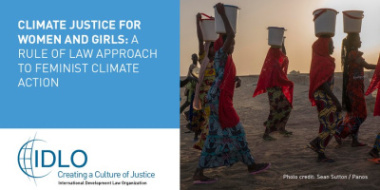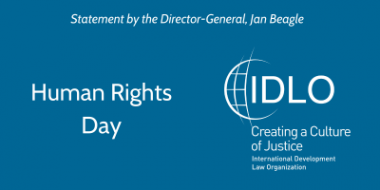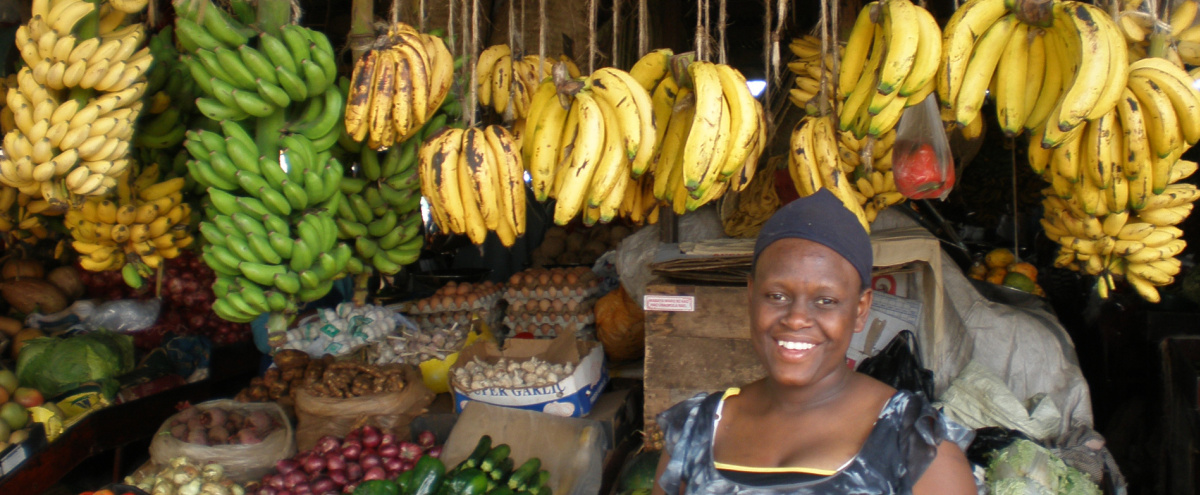
Non-communicable diseases (NCDs) kill 15 million people between the ages of 30 and 69, and over 86 per cent of these "premature" deaths occur in low- and middle-income countries.The economic impact, including loss of income by people harmed by NCDs, the costs of treatment, and the impacts on families threaten international development. Through regulation and fiscal reforms, countries can promote healthy diets, physical activity, and other initiatives reducing the prevalence and harms of NCDs.
IDLO, the World Health Organization and the International Development Research Centre are implementing the Global RECAP Program. The overall aim is to strengthen capacity of countries to promote healthy diets and increase physical activity for the prevention of NCDs. Five countries have agreed to participate in the first phase of the program: Tanzania, Uganda, Kenya, Sri Lanka, and Bangladesh. Program activities will focus on capacity building for more effective regulatory and fiscal interventions, supporting the development and use of relevant research, and convening multi-stakeholder dialogues and collaboration between civil society, academia, and government stakeholders. The Global RECAP Program is funded by the Swiss Agency for Development and Cooperation and the OPEC Fund for International Development.
Photo ©: Biodiversity International


